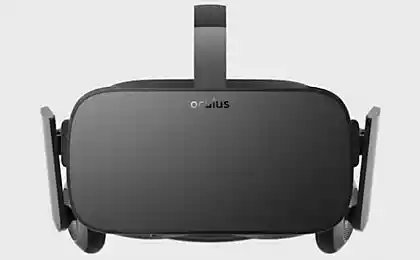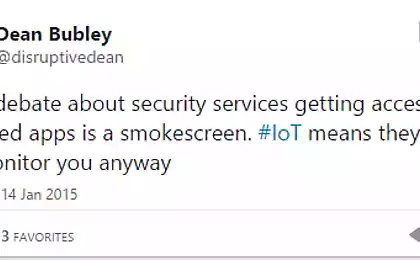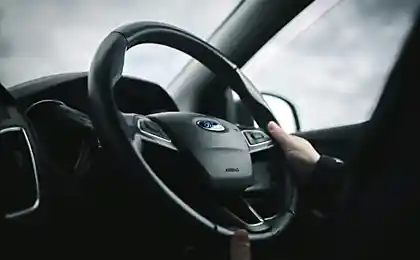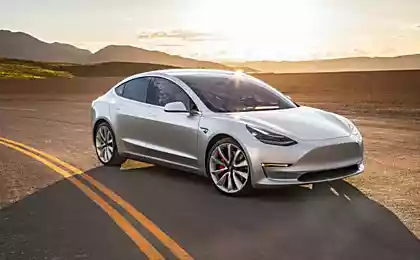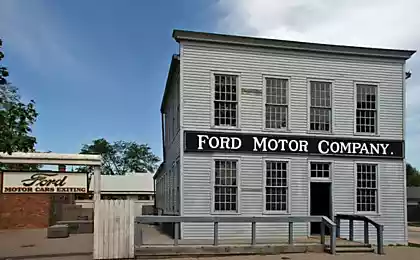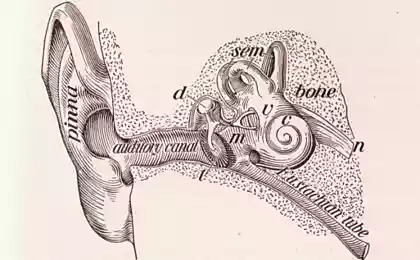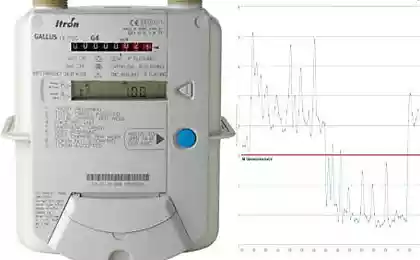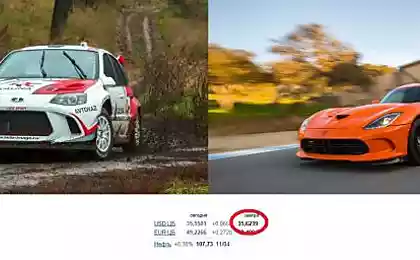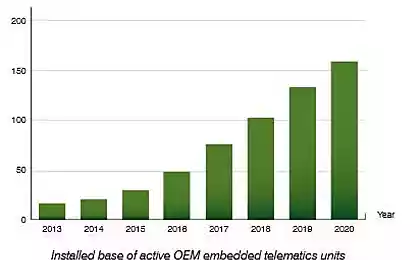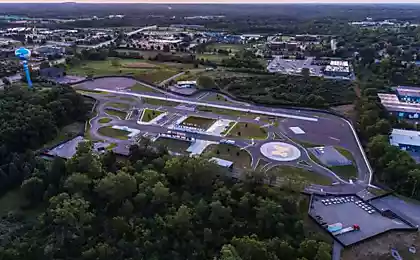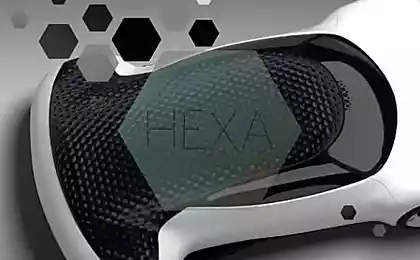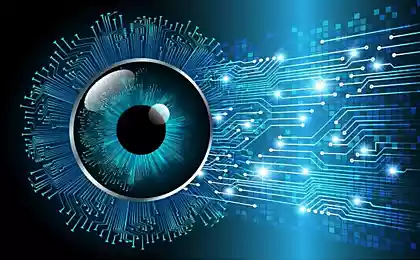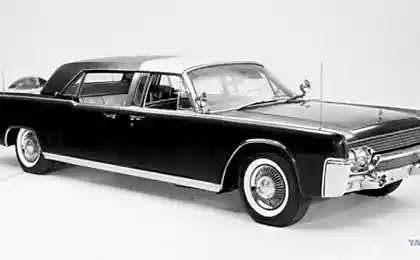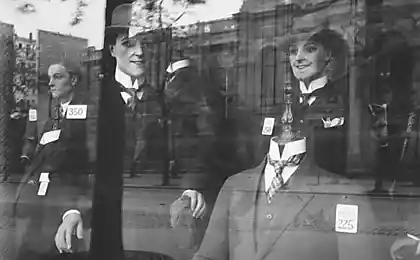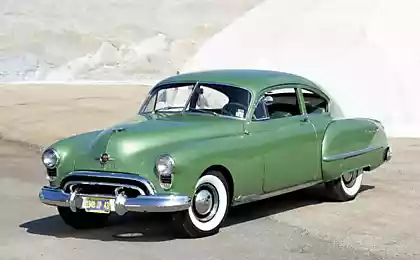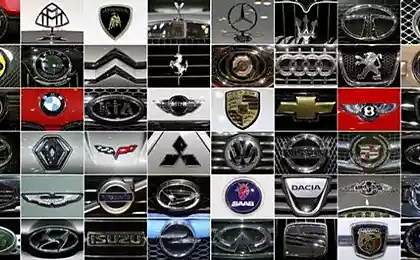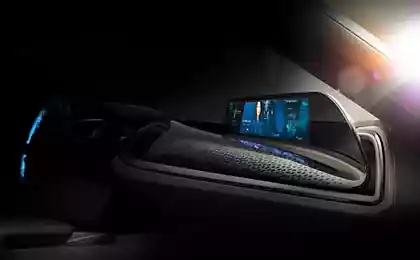1434
From the Ford T to 4G: a revolution in automotive technology

The automotive industry is poised for major changes in the last more than 100 years. Machines connected to the Internet and smartphones changed our perception about the cars, given that about 90% of cars will be equipped with devices to transfer data to the year 2020. Such seismic shifts auto industry did not know since how Ford Model T was the first car produced at the assembly line.
Until today, the term «connected car» industry was perceived mainly as another buzzword. However, it seems that right now we are on the threshold of radical changes. Recent studies suggest that consumers are more than willing to use the fruits of this technological revolution - over 80% of them believe that the connection of the machine to the Internet and smartphone will become as commonplace as a smartphone or home devices connected to the network.
And if consumers open the possibility of a new era, what exactly to expect in the next couple of years, and what are the prospects of technological development it-industry can offer a more distant future?
Security and Diagnostics h4> Although it does not seem the most interesting, but studies have shown: increased safety - that's what excites most drivers. 73% of them claim that this is the most important, what they expect from data transmission technologies in vehicles. Most likely, this carmakers and focus in the near future.
Regulation of the European Union on eCall, which requires the device to have a preset to automatically dial emergency services in all new vehicles will come into force in 2015. The device will send important information such as the time and place of the accident, rescue services; which means that drivers can quickly get help anywhere in the EU. After all, it is expected that the response time in case of accidents will be reduced by half.
A wide field for the development of diagnostics also play an important role in the revolution connected car. Imagine an application that allows you to check the condition of the machine from your smartphone or tablet before you get into it. You can call a mechanic for repairs and not face his charms middle of the road. This is an excellent example of how the data transmission technology to help motorists, and that on which already operate such automakers like Jaguar Land Rover.
Features Data h4> "byproduct" connected car - an enormous amount of received data, because one car can produce terabytes of information. Research firm iGR predicts that the amount of data to be transmitted over mobile networks automobiles will grow by 188% over the next 5 years. Car companies will be able to use the data for improvements in service.
For example, the dealer networks get most of the profits from the service, not sales. But as soon as the vehicle warranty ends, buyers tend to other garages. Now manufacturers can influence the behavior of customers, using data obtained from diagnostic devices in cars, and allowing dealers to communicate with the driver in advance to agree on the necessary repairs.
What's ahead? Learning machines? H4> Looking to the future, we can say that the opportunities presented by the sharing of wireless and automotive technology are virtually limitless.
For example, the means of transmission can have a huge impact on how the emergency services. In the ambulance, equipped with wireless connectivity, paramedics can use video call to share information about the patient's condition with a consultant who are in the hospital. Hence, it is possible to increase the so-called "golden hour" - the time during which treatment can help prevent the worst or even fatal consequences of a car accident, turn it into a "golden hour and a half," which, no doubt, will help save many lives.
When will full-era cars that can drive without drivers will be completely new ways to use the technology of data transmission. The car will be a continuation of the office or living room. Say you will be able to hold a video conference with friends or colleagues while traveling straight.
The climax may be a "self-learning machine" - a car that combines personal, contextual data and information is updated online to personalize the driving experience. Such a machine may have artificial intelligence that will be trained to give information about the everyday behavior of the user, and to adapt the system for a vehicle driver. You will not need to request from the browser the way to a favorite restaurant - knowing your behavior, he will offer to go there.
Of course, it's all a question of time, but gives an understanding that, combining the possibility of a new era with the glorious traditions of the car, the car may well give you a user experience that never you never knew before.
Thank you for translating our friend Valentina Dombrowski, evangelists and Cleanweb Vinli on life, the vice president for Innovation Excursiopedia - for work. I>
In this Tuesday, along with Valentin we arrange an open meeting with representatives Vinli (these guys are doing in the US platform for connected car applications). Will beer, lots of interesting details and discussion about Hackaton smart technology for cars. Come .
Source: habrahabr.ru/company/tceh/blog/240151/
10 principles of Zen that can change LIFE
Find and save: how to save the music, buying up all the vinyl world
